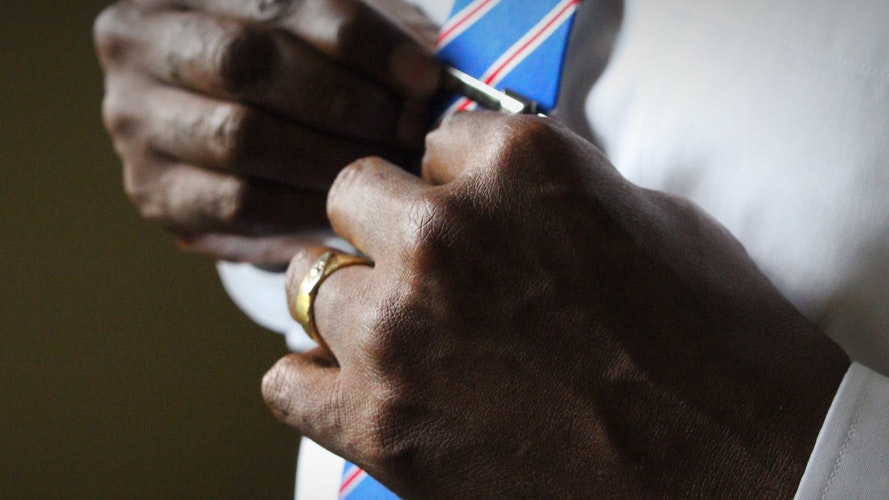Non-verbal communication is a social language understood on a global scale, and it talks a lot louder than words. Because body language shows what we don’t tell, and an observant interviewer will recognize certain movements and gestures as hiring red flags.
Job interviews are professional conversations, where what you don’t say speaks volumes about your personality, level of interest and overall candidacy. Don’t let your body language interrupt the discussion by avoiding these mannerism mistakes:
1. Not smiling
A recent study found 39 per cent of interviewers will dismiss a candidate who didn’t smile. Job interviews can be nerve wracking, but flashing your pearly whites will demonstrate you’re approachable, friendly and confident; it also helps put others at ease and conveys a sense of calm control.
2. A weak handshake
Hiring managers are trying to uncover your strengths, and having a weak handshake isn’t a strong starting point. Because 21% admit to dismissing a candidate who didn’t have a firm grip. To a hiring manager, a weak handshake comes across as unimpressive, unenthusiastic and untrustworthy. So, shake hands with a firm, but not punishing, grip!
3. Lack of eye contact
Sixty seven per cent of hiring managers agree that a lack of eye contact is the biggest mistake a candidate can make.
Eye contact with a hiring manager demonstrates your confidence and interest. In your interview, an effective way to ensure you’re looking engaged is direct face contact. You want to appear interested but not like your eyes are drilling into theirs. Try looking at different parts of the interviewer’s face every two seconds.
4. Pointing
Making points in your interview is one thing, but physically pointing with your fingers towards the hiring manager or to content on your resume can be considered rude. Pointing can come off as an aggressive gesture, and it can demonstrate that someone doesn’t listen well.
5. Slouching or having poor posture
Poor posture can be seen as a byproduct of low self-esteem, but adopting a powerful, upright position can increase the interviewer’s perception of assurance.
6. Sitting too far back in your chair
You want to appear relaxed, but also engaged. Leaning too far back in your chair can indicate that you’re closed off, or aren’t interested in the conversation.
7. Fidgeting
Hiring managers are looking for confident and capable candidates, and 26% agree that fidgeting during your interviews demonstrates a lack of these traits. Avoid playing with your hair, fiddling with accessories, touching your face or tugging on your clothes.
8. Exaggerated nodding
Nodding your head while listening is an additional way to show you’re enjoying the conversation. However, fanatical nods can indicate that you’re not really listening or are having trouble understanding what’s being said, so limit the action to once or twice whenever relevant to the conversation.
9. Crossing your arms
Hiring managers admit that likability is their #1 hiring factor, and crossing your arms can indicate that you’re insecure, defensive or uncomfortable. You want to sit with both feet planted on the ground with your back straight. You can even venture so far as to set one arm casually on the arm rest or on the table, ready to gesture naturally.
10. Frowning or mismatched expressions
Facial expressions tell tales our tongues won’t, so if something is unclear, ask for clarification. You want to also ensure your expressions match your tone. If you’re trying to convey you’re excited or passionate about something, don’t appear poker faced if you want a hiring manager to be convinced.
Remember, body language is a form of communication everyone can understand. Are you working with a staffing agency to find your next opportunity?
{{cta(‘e1c0a3f8-2df8-4ae9-949c-2a2a48612678′,’justifycenter’)}}




